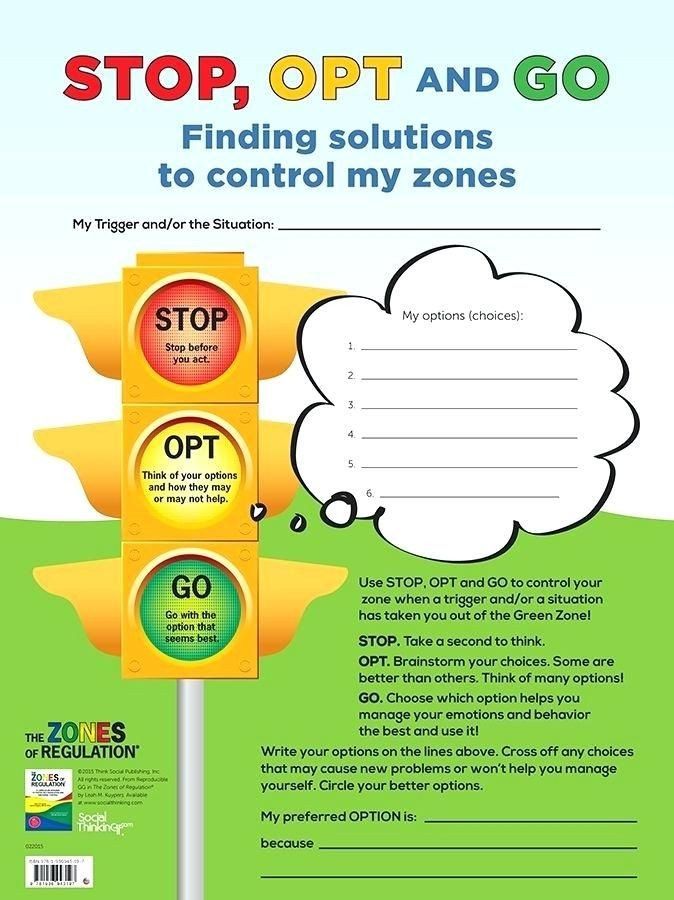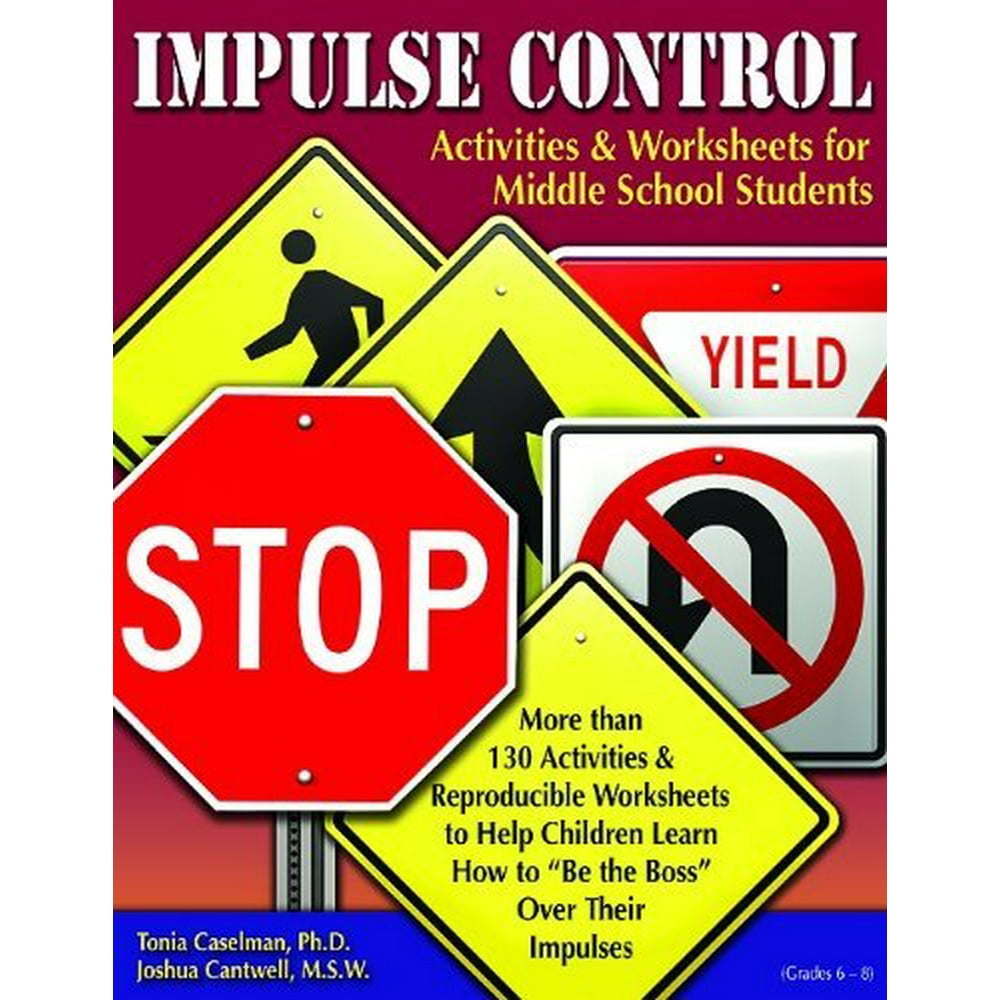Mastering Impulse Control with Helpful Worksheets

Understanding Impulse Control
Impulse control is the ability to manage and regulate one’s emotions, behaviors, and thoughts in response to internal or external stimuli. It involves delaying or withholding impulses to act on impulses, even when faced with tempting or stressful situations. Impulse control is a crucial aspect of emotional intelligence, and its development is essential for achieving personal and professional success.
Individuals with poor impulse control may exhibit impulsive behaviors, such as reckless spending, substance abuse, or aggressive outbursts. These behaviors can lead to negative consequences, including damaged relationships, financial problems, and compromised physical and mental health.
Benefits of Improving Impulse Control
Developing strong impulse control can have numerous benefits, including:
- Improved relationships: By thinking before acting, you can avoid hurting others’ feelings, maintain healthy boundaries, and build stronger relationships.
- Increased productivity: Impulse control helps you stay focused, prioritize tasks, and avoid distractions, leading to greater productivity and achievement of goals.
- Better decision-making: By taking time to reflect on your thoughts and feelings, you can make more informed, thoughtful decisions that align with your values and goals.
- Enhanced mental and physical health: Impulse control can help you manage stress, anxiety, and other emotions, leading to improved mental and physical well-being.
Strategies for Improving Impulse Control
Fortunately, impulse control can be developed and improved with practice, self-awareness, and intentional strategies. Here are some effective techniques to help you master impulse control:
- Mindfulness and self-awareness: Practice mindfulness meditation, self-reflection, and journaling to increase awareness of your thoughts, feelings, and impulses.
- Self-regulation techniques: Use techniques such as deep breathing, progressive muscle relaxation, or physical activity to calm yourself and reduce impulsive behaviors.
- Cognitive-behavioral therapy (CBT): Work with a therapist to identify and challenge negative thought patterns and behaviors that contribute to impulsive behaviors.
- Delaying gratification: Practice delaying immediate gratification by setting goals, prioritizing tasks, and using rewards to motivate yourself.
Helpful Worksheets for Improving Impulse Control
Worksheets can be a valuable tool for improving impulse control by helping you identify and manage impulsive behaviors. Here are some examples of worksheets you can use:
Impulse Control Assessment Worksheet

| Impulsive Behavior | Frequency | Consequences |
|---|---|---|
| Spending money impulsively | ||
| Interrupting others | ||
| Engaging in substance abuse | ||
| Acting aggressively |
This worksheet helps you identify and track impulsive behaviors, increasing awareness and motivation to change.
Thought Record Worksheet
| Situation | Thoughts | Feelings | Impulses | Consequences |
|---|---|---|---|---|
This worksheet helps you identify and challenge negative thought patterns, increasing self-awareness and self-regulation.
Delayed Gratification Worksheet
| Goal | Reward | Timeline |
|---|---|---|
This worksheet helps you set and work towards long-term goals, practicing delayed gratification and improving impulse control.
📝 Note: These worksheets are not a replacement for professional therapy or counseling. If you struggle with impulse control, consult with a mental health professional for personalized guidance and support.
Overcoming Challenges and Setbacks
Developing impulse control is a process that takes time, effort, and practice. You may encounter challenges and setbacks along the way. Here are some tips to help you overcome obstacles:
- Practice self-compassion: Treat yourself with kindness and understanding when you make mistakes or slip up.
- Learn from failures: Reflect on setbacks and identify opportunities for growth and improvement.
- Seek support: Share your struggles with a trusted friend, family member, or mental health professional.
By persevering and using these strategies, you can develop strong impulse control and achieve greater success in all areas of your life.
Improving impulse control requires patience, self-awareness, and intentional practice. By using these strategies and worksheets, you can develop the skills and self-regulation necessary to achieve your goals and live a more fulfilling life.
What is impulse control, and why is it important?
+Impulse control is the ability to manage and regulate one’s emotions, behaviors, and thoughts in response to internal or external stimuli. It is essential for achieving personal and professional success, as it helps individuals make informed decisions, maintain healthy relationships, and manage stress and anxiety.
How can I improve my impulse control?
+You can improve your impulse control by practicing mindfulness and self-awareness, using self-regulation techniques, and seeking support from a mental health professional. Additionally, using worksheets and exercises, such as those provided in this article, can help you identify and manage impulsive behaviors.
What are some common challenges to developing impulse control?
+Common challenges to developing impulse control include struggling with self-awareness, difficulty delaying gratification, and experiencing strong emotions or stress. Additionally, individuals may face setbacks or failures, which can make it challenging to maintain motivation and progress.



